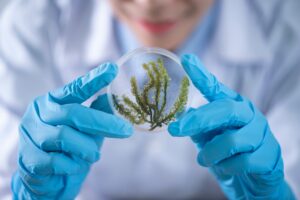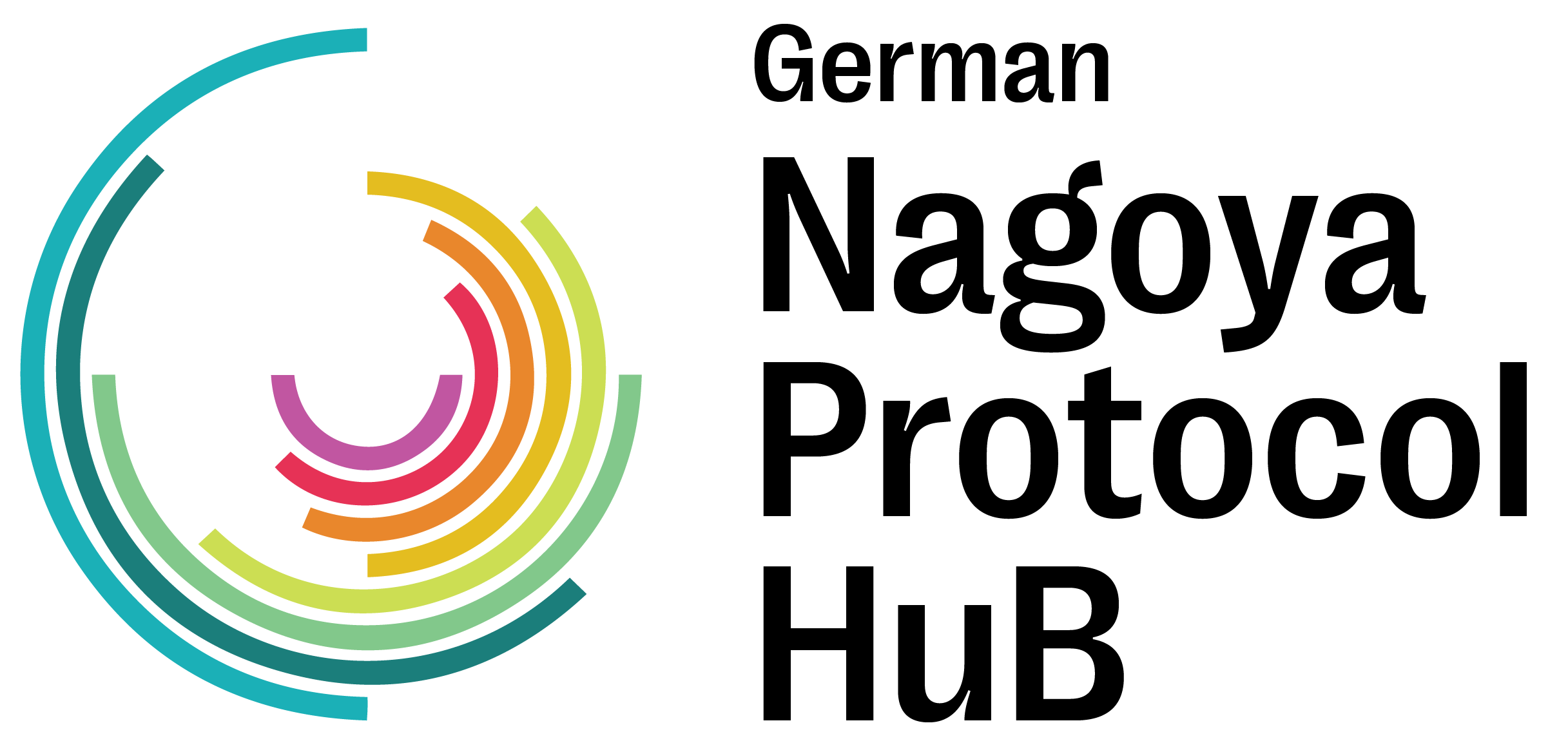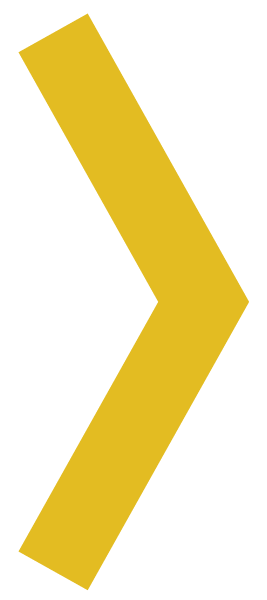Compliance stories
Learning from experience: Research organisation
Type of institution: A non-profit organization made up of different research institutes
Networking: This organization has created an internal network to promote Nagoya Protocol compliance. There are several aspects to the network:

Photo: Chokniti Khongchum from Pexels
Coordination
The internal network is coordinated centrally by a person from the legal department (head office).
The coordinator:
- organizes the internal network meetings
- organizes external information sessions
- answers questions about ABS and compliance
- administers the internal platform on the organization’s intranet
- in responsible for disseminating information internally (to all of the institutes as well as the management levels of the organization)
- participates in external meetings organized by the German Nagoya Protocol Hub, BfN and others
- elaborates information materials, such as model procedures, checklists, guidelines and best practices as well as model clauses in coordination with others units of the head office
- updates the organization´s internal manual regarding compliance
Nomination of contact persons
Within the organization, there are around 30 institutions where Nagoya Protocol relevant research may potentially take place. The head office sent a letter to each of these institutes asking them to nominate a Nagoya Protocol contact person (it was not mandatory).
The contact person is asked to:
- participate in internal network meetings where progress, activities, challenges etc. are discussed
- disseminate information provided by the head office to relevant persons within their institute
- serve as first point of contact for questions at their own institute and a link to the coordinator at the head office
- exchange information and ideas on the internal platform of the organizations intranet
- serve as a contact person for external inquiries, for example from the competent authority
- may be asked to file the institute’s due diligence declarations through the DECLARE system
Some of the institutes have nominated more than one person. For example, at one institute this task is shared by four people. Each of the three potentially Nagoya Protocol relevant research areas has its own contact person and an additional person from the IT department is involved because the institution’s database will be modified to address compliance issues.
Information sessions and awareness-raising
In the first step, awareness-raising and information sessions are being targeted at the Nagoya Protocol contact persons.
A series of information sessions are being organized for the contact persons, starting with the basics and then moving on to more complex issues and discussion of tools etc. that support ABS and compliance.
The Head Office organized these information sessions in cooperation with the German Nagoya Protocol HuB.
Internal resources and information
Internal resources are provided on the organisation’s intranet and the organisation’s internal manual has been updated with key information on compliance.
An internal platform on the organizations intranet has been established for the contact persons at each institute. This platform provides information and a place to exchange information and ideas.
The organizations internal manual has also been updated with key information on Regulation (EU) No 511/2014, including the scope of application and what is required to fulfill ones due diligence obligations.
There is still some work to do. The organization is planning to develop further instruments to support all researchers in the organization, including:
- information materials and tools, such as model procedures, checklists, guidelines and best practice
- an addenda (model clauses) for cooperation agreements and material transfer agreements which address compliance issues
What are the lessons learned?
![]()
Internal networking facilitates the exchange of information, helps to identify the problems and needs of researchers. This allows support to be more targeted
![]()
For the internal network to function, it is key that one person takes on the coordination role.
![]()
When raising-awareness, it is important to communicate that due diligence obligations apply to all users of genetic resources falling in the scope of Regulation (EU) No 511/2014 regardless of the intended use (commercial or non-commercial research, basic and applied research or product development).
![]()
Although there are contact persons at the institutes and in the legal department of the head office who can provide some support, individual scientists must understand that they are personally responsible for obtaining the necessary ABS-documents and fulfilling the due diligence obligations.



